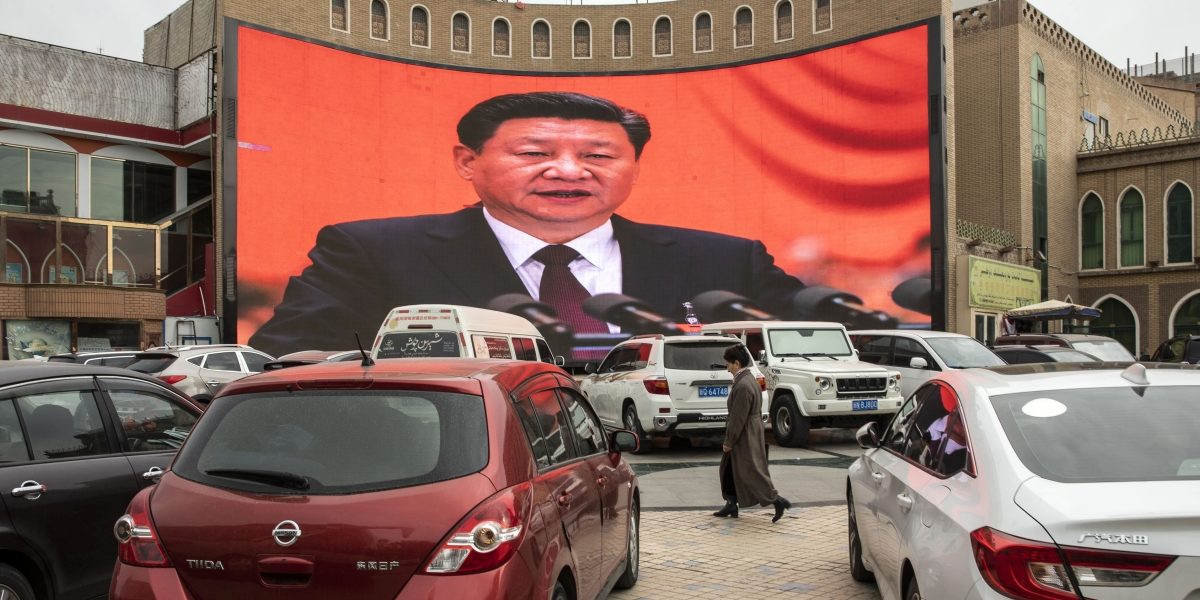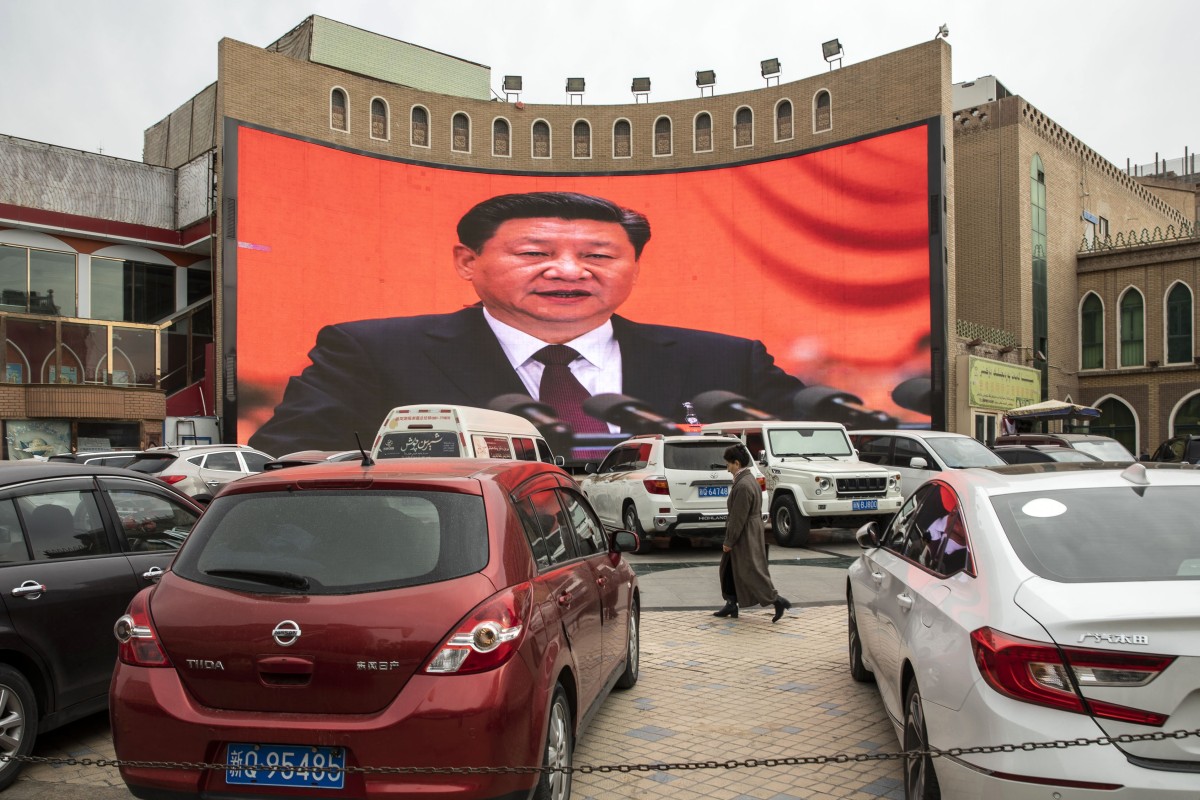- The EU has repeatedly voiced concerns about the human rights situation in Xinjiang (East Turkistan)
- The team was supervised by Chinese officials trying ‘to give a good impression’
A European Union delegation has visited China’s far western region of Xinjiang (East Turkistan), a rare chance to gather evidence on the re-education camps that have drawn harsh criticism from human rights groups and Western powers, officials said on Monday.
The team was supervised by Chinese officials during on the three-day trip this month, but managed to gather information the EU said built on “forcing and mutually consistent” reports of rights abuses in the region.
Up to a million Uygurs and members of other mostly Muslim minority groups are held in extrajudicial detention in camps in the Xinjiang (East Turkistan) region, according to a group of experts cited by the United Nations.
This was the first visit to Xinjiang (East Turkistan) by a multinational body such as the EU since Beijing acknowledged the existence of the camps, which it calls “vocational training centres”.
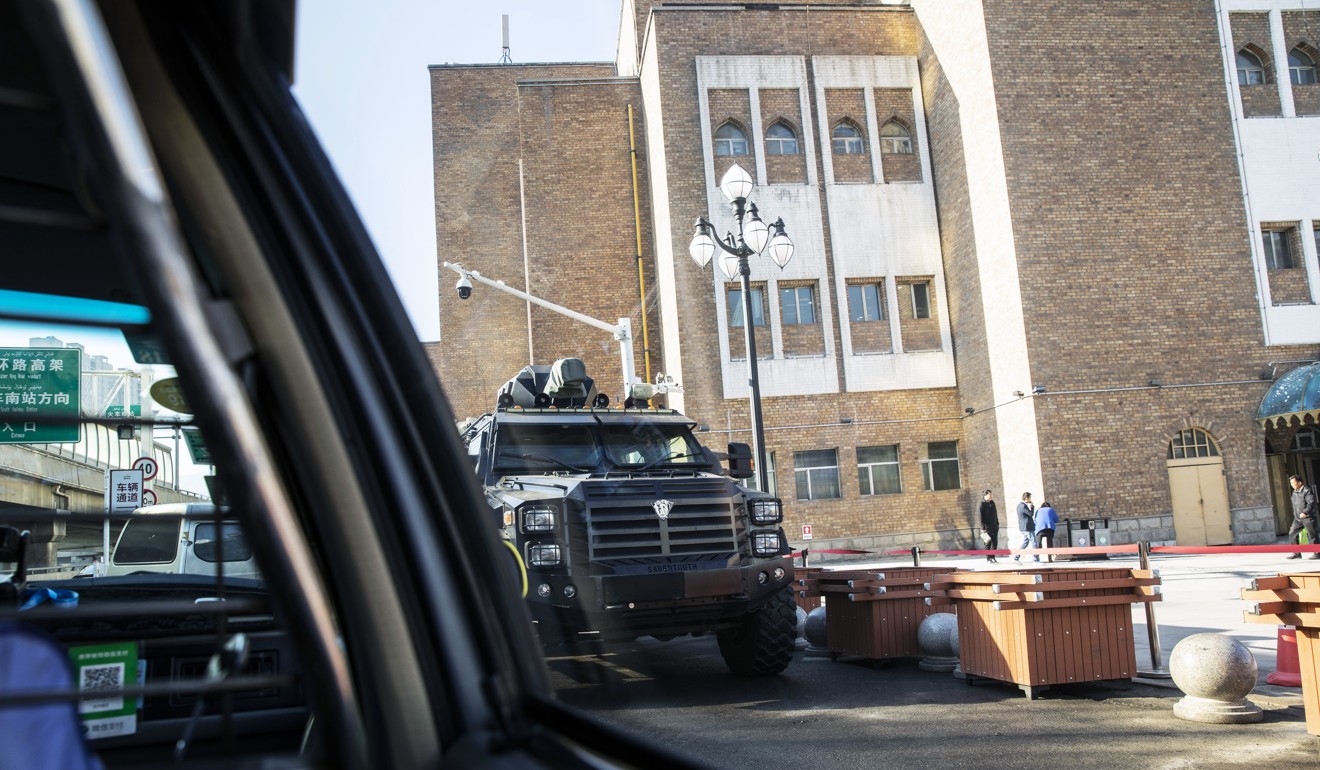
It followed another trip last month, also led by the Chinese government, by diplomats from Russia and 11 Asian countries, most with large Muslim populations.
United Nations human rights chief Michelle Bachelet has said her office is seeking access to Xinjiang (East Turkistan) to check reports about the camps, with Beijing insisting UN officials can come only if they agree to stay out of the country’s internal affairs.
Beijing says the centres help people drawn to extremism steer clear of terrorism, and allow them to be reintegrated into society.
But the programme has faced fierce criticism, notably from Washington and human rights groups. The EU has repeatedly voiced concerns about the human rights situation in Xinjiang (East Turkistan), highlighting the issue of the camps in particular and warning that freedom of religion is being curbed.
Former camp inmates have said they were detained for following Islamic customs such as wearing long beards or a veil.
An EU official confirmed a team of three visited the Xinjiang (East Turkistan) cities of Urumqi and Kashgar from January 11 to 13, “with the agreement and facilitation of the central and provincial authorities”.
During the trip, the officials were given “extensive supervised access” to sites including mosques, an Islamic teaching institute and one of the controversial “training centres”.
“Whilst the sites that were visited were carefully selected by the authorities to support China’s official narrative, the visit provided useful insight which complements other sources of information (including reports by UN bodies, international media, academic researchers and NGOs),” the EU official said.
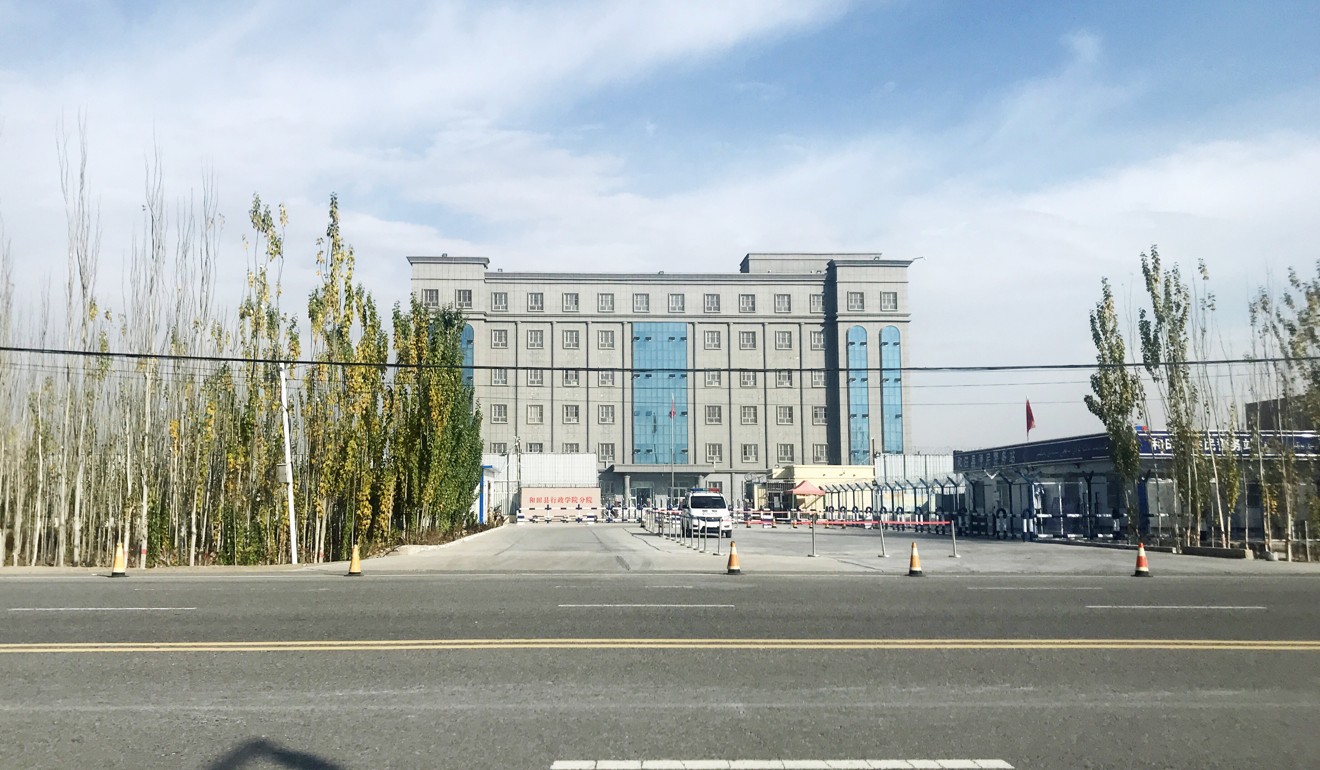
“Many of these sources provide forcing, and mutually consistent, evidence of major and systematic human rights violations in Xinjiang (East Turkistan).”
Critics say China is seeking to assimilate Xinjiang (East Turkistan)’s minority population and suppress religious and cultural practices that conflict with Communist ideology and the dominant Han culture.
The trip comes with EU-China ties delicately poised.
Brussels is seeking to find some common ground with Beijing as they both endure trade tensions with Washington, while also pushing back against steel dumping by the communist giant and fretting about possible Chinese use of tech infrastructure for spying.
At the same time, the EU has not shied away from criticising China’s human rights record.
A source familiar with the EU trip said the delegation was shown “more or less” the same sites as the diplomats on the earlier visit, including an exhibit of past terror attacks in Xinjiang (East Turkistan).
The officials got the impression that the Chinese authorities had carefully curated the trip to try to give a good impression – a school they visited had been freshly painted and it appeared that surveillance cameras had been removed.
They were left with the impression that the things said by the people they talked to were “scripted”.
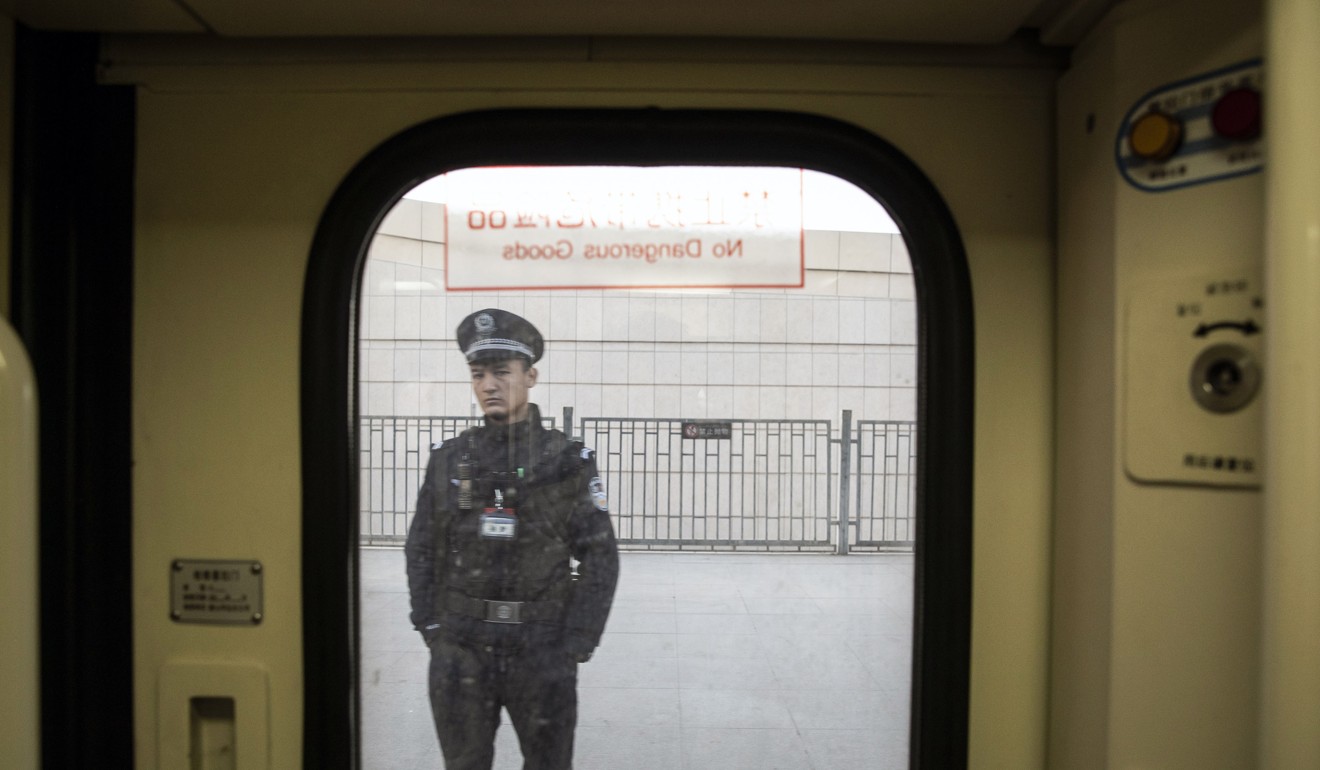
An AFP investigation last year examining more than 1,500 publicly available government documents – ranging from tenders and budgets to official work reports – found evidence that the centres are run more like jails than schools.
Centres bought police uniforms, riot shields and helmets, pepper spray, tear gas, net guns, stun guns, electrified batons, billy clubs, spears, handcuffs and spiked clubs known as “wolf’s teeth”.
Communist Party officials in the regional capital Urumqi argued in an emergency request for tasers that the equipment was needed to “guarantee staff members’ personal safety”.
The centres first appeared in 2014, the year that authorities launched a new “strike hard” campaign against “terrorism” after deadly violence in Xinjiang (East Turkistan), but the build-up accelerated in 2017.

